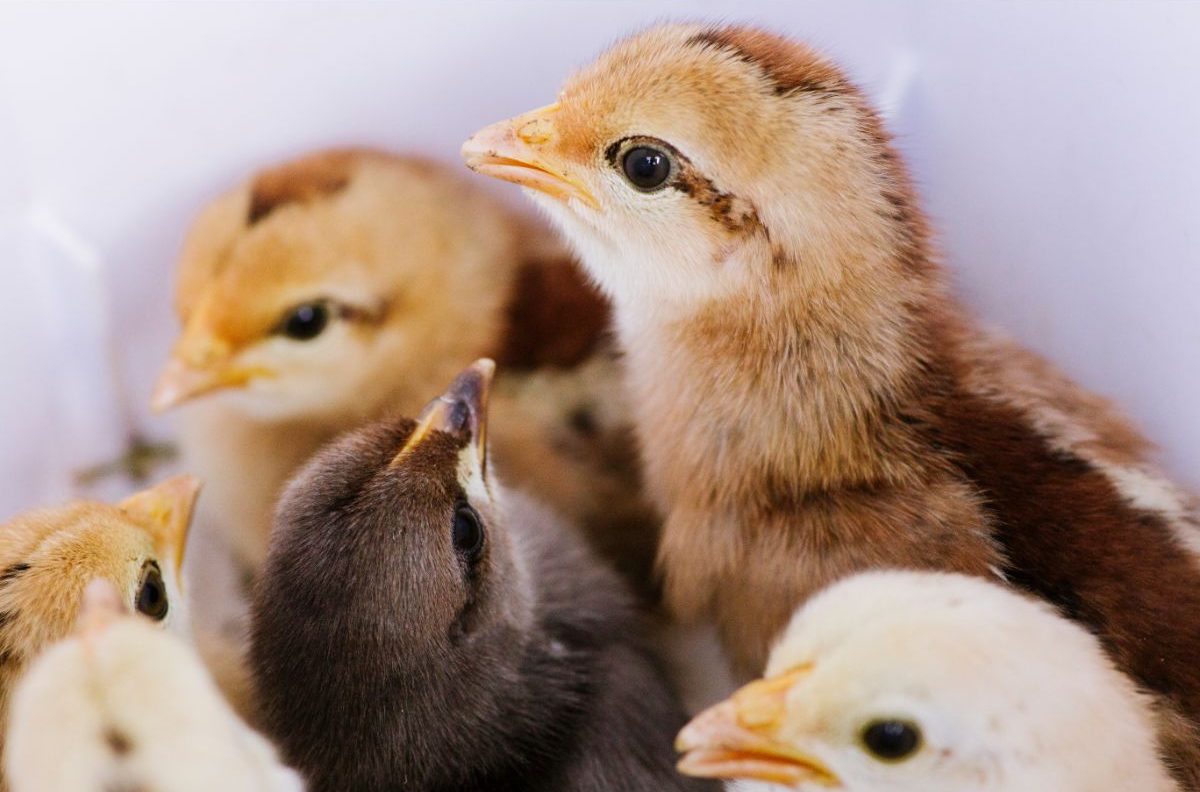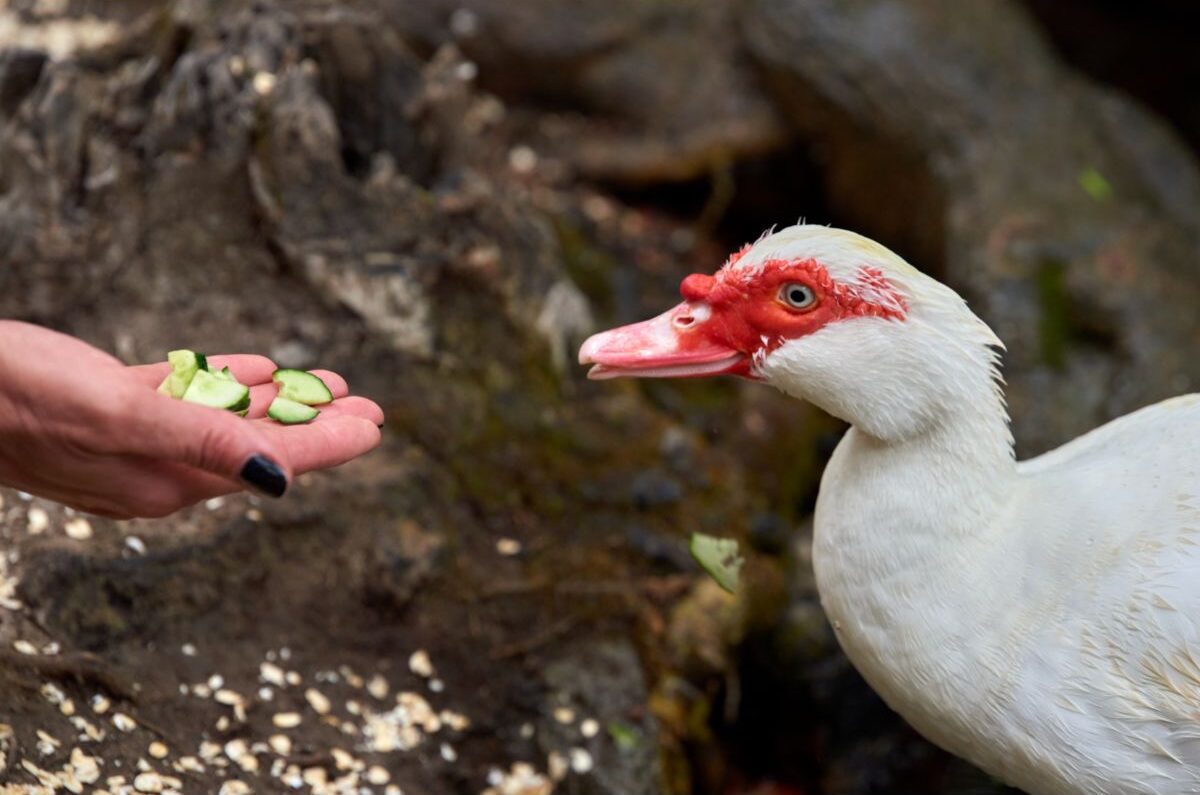Backyard chicken keeping has grown dramatically in popularity in the last few years, partly due to the Covid-19 pandemic, which kept many people at home for an extended period. For beginners, the first of many questions is whether to start with adult chickens or chicks.
If you’re a beginner starting to raise chickens for the first time, the cheapest option is to start with chicks rather than adults. From the day your one-day-old chicks arrive, the roller-coaster ride of chicken-keeping begins, and the learning process starts.
There are so many decisions and choices to make when you are a beginner chicken-keeper that it might put you off – don’t let it! It’s an absolute joy to watch your flock interact, forage for food and entertain themselves in the space you’ve provided. And the eggs are an added bonus!
Contents
Beginners Guide To Chicken Keeping
There are some decisions to make and a whole lot of preparation before your chicken-keeping begins. It may take years before you become a real expert.
Is It Best To Start With Adults Or Chicks?
There are actually four options when deciding with what to start off your flock:
Hatching eggs – fertilized eggs that are due to hatch
Chicks – typically one or two days old
Pullets – young hens that are on the point of laying eggs
Adults – fully grown hens that are already producing eggs
It’s recommended that you start with chicks. They’re the cheapest to buy, as pullets and adults have already cost the breeder to raise, and he wants to recover his expenses. Hatching eggs are not recommended for beginners as they need the right conditions to hatch, and there are no guarantees that all the chicks will be healthy.
Questions To Ask Yourself When Starting Out
Before buying your chicks, it will be a helpful exercise to establish precisely what you want to achieve by raising chickens.
Why do you want to keep chickens? Is it for the eggs, do you want to eat the meat, is it just for fun? Your reason for wanting to raise chickens will have a bearing on what breed you decide on.
- Leghorns are recommended for beginners looking for the best egg-laying breed, as they are active birds, producing around 250 large white eggs a year.
- Meat-producing chickens are known as broilers. Best breeds for meat include Cornish Cross, Bresse, and Jersey Giant.
- If you’re looking for a pet chicken who lays a fair but not excessive number of eggs, go for the mild-mannered Orpington, Australorp, or Cochin.
Have you got sufficient space to keep chickens? Not that you need a large backyard, but work on providing at least eight to ten square feet in the run for an average-sized bird. Free range birds foraging in the open need twenty-five square feet each.
Do you have the time to raise chickens? Chickens need feeding, clean coops, letting in and out of coops, health care, and attention to their behavior patterns, such as bullying or refusing to eat. If you’re away during the day, do you have someone to take over your duties?
Is backyard chicken-keeping allowed in your area? Most local authorities permit chicken runs in private homes, but there may be restrictions on the number of chickens or the size of the chicken run. Check with your municipality whether there are any restrictions on raising chickens.
Make Sure You Buy Good, Healthy Chicks
It is pretty common for all your chicks to survive the first four critical weeks, as long as they arrived healthy. Buying locally from a chicken farmer is recommended, but you could also order from a hatchery in your area.
What Should You Look For?
- Clear, bright eyes with no sign of infection
- The chick’s fluff should be clean
- The bird should be alert and curious about the world around him.
What To Avoid In A New-born Chick
- Sluggish, lethargic behavior
- Chicks that hutched up in a ball
- Chicks that have isolated themselves from the rest
- Any discharge from the eyes or nose
Here is a video giving some tips on raising chicks for the first time.
Creating The Perfect Space For Your Chickens
You’ve worked out how many birds you can accommodate, what breed of chick to buy, you know the reasons behind this bold move, and you’re ready to be a chicken-keeper. Now you need to prepare for the arrival of your chicks.
Chickens grow so quickly that in eight to ten weeks, they will have their adult feathers and big enough to move out of the brooder box. For that reason, you should set up your run for the adult flock, making allowances for the initial growth phase.
The chicken run is the fenced enclosed space your chickens will live in during the day. As we’ve mentioned, each chicken needs eight to ten square feet of space in the run, so for example, if you’ve bought six chicks, they’re soon going to need a fifty to sixty square feet run.
A coop is a roofed shelter used at night and whenever the chickens want to get out of the wind, rain, or cold. For an average chicken, four square feet of space is the minimum needed, so your six birds will need a coop of twenty-five to thirty square feet.
In the coop, there must be sufficient nesting boxes (one box per three hens), which is where the eggs will be laid, and roosting perches (allow eight to ten inches per bird) where the birds will rest and sleep.
A droppings board placed under the roost will make cleaning out the coop a lot easier, and you will need to use material such as wood shavings in the nesting boxes and on the floor of the coop.
There should be vents to allow good ventilation, but the door and windows of the coop must be able to be closed to protect the flock from predators.
Draft-proof brooder boxes will be needed for the first seven weeks of the chicks’ life. Because they can’t regulate their own temperature during this phase, a heating lamp might be needed for warmth.
Feeding Your Chicks
A constant supply of clean water and the appropriate age-relevant feed needs to be provided, with sufficient feeders in the run so that there is no stress at feeding time.
Young chicks should get a starter ration for the first six weeks with around 18-20% protein for egg-laying breeds and 22-24% for meat breeds. From six to fourteen weeks, the chicks move to a slightly modified grower ration, but many food suppliers actually combine starter and grower rations into one feed to simplify things.
Feeding chickens is not an exact science. Still, it is important that laying hens get a balanced feed, with additional calcium necessary to counter the amount used by the body in forming strong egg shells. Meat birds shouldn’t get the calcium supplement but eat a great deal more than layers.
Conclusion
Chicken keeping involves commitment and constant attention to your flock, but it’s well worth the effort. The learning process is never-ending, and we’ve just touched on some of the lessons that will be learned along the way.
Having said that, remember that chickens are hardy birds and can live anywhere from five to ten years or even longer. During that time they’ll provide you with plenty of eggs, and meat if you choose, and they’ll also give you enormous satisfaction and pleasure.




